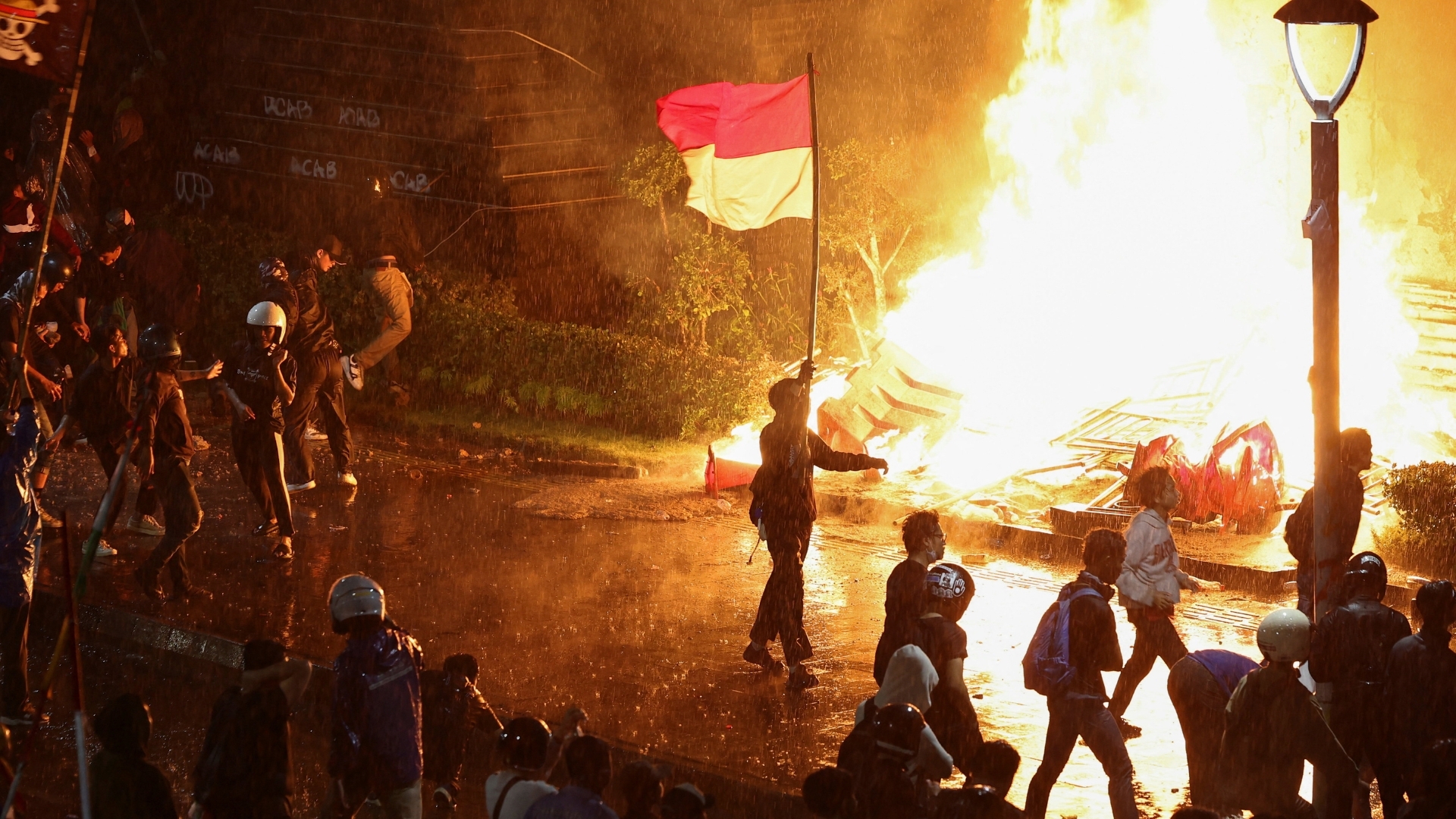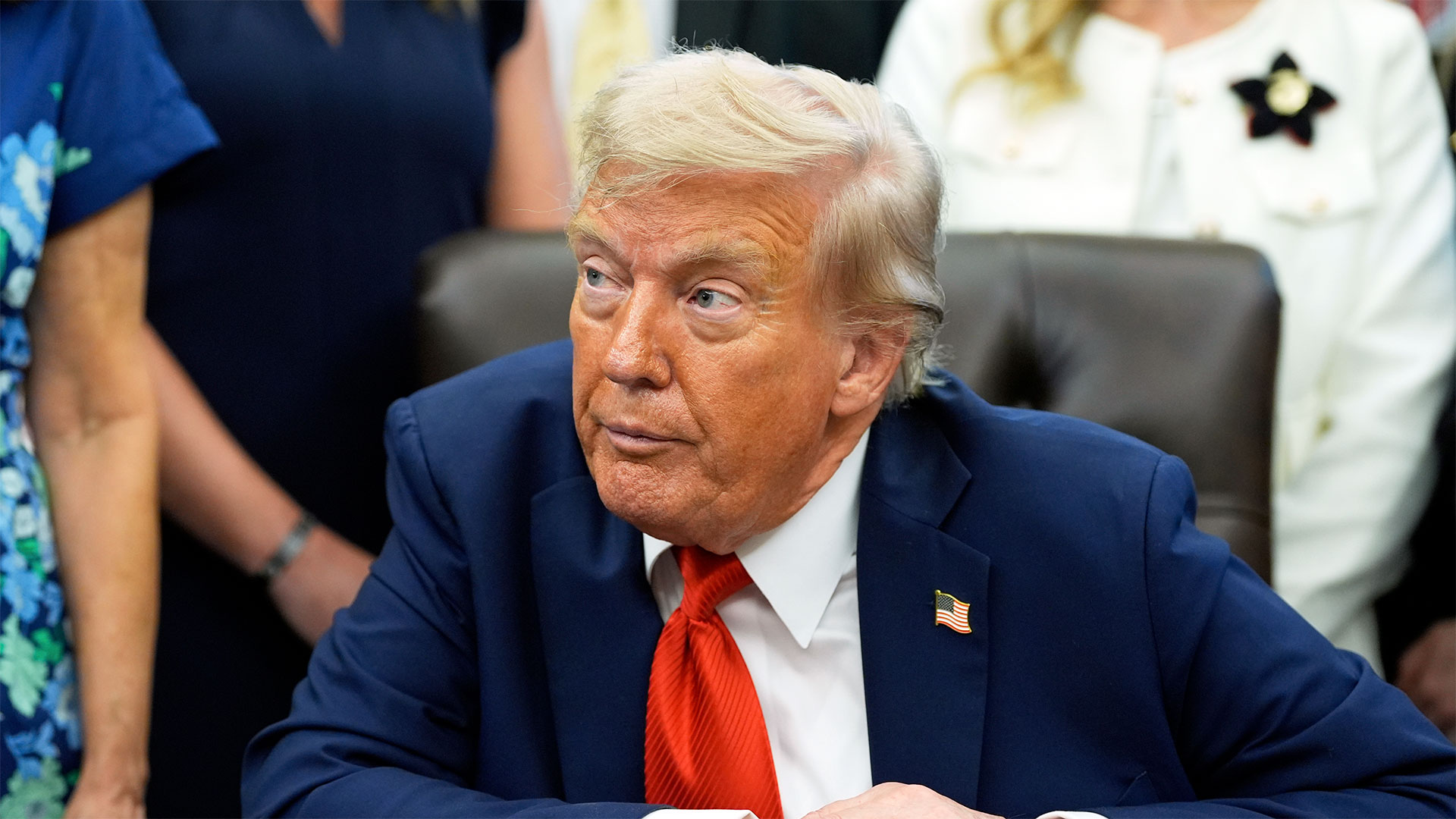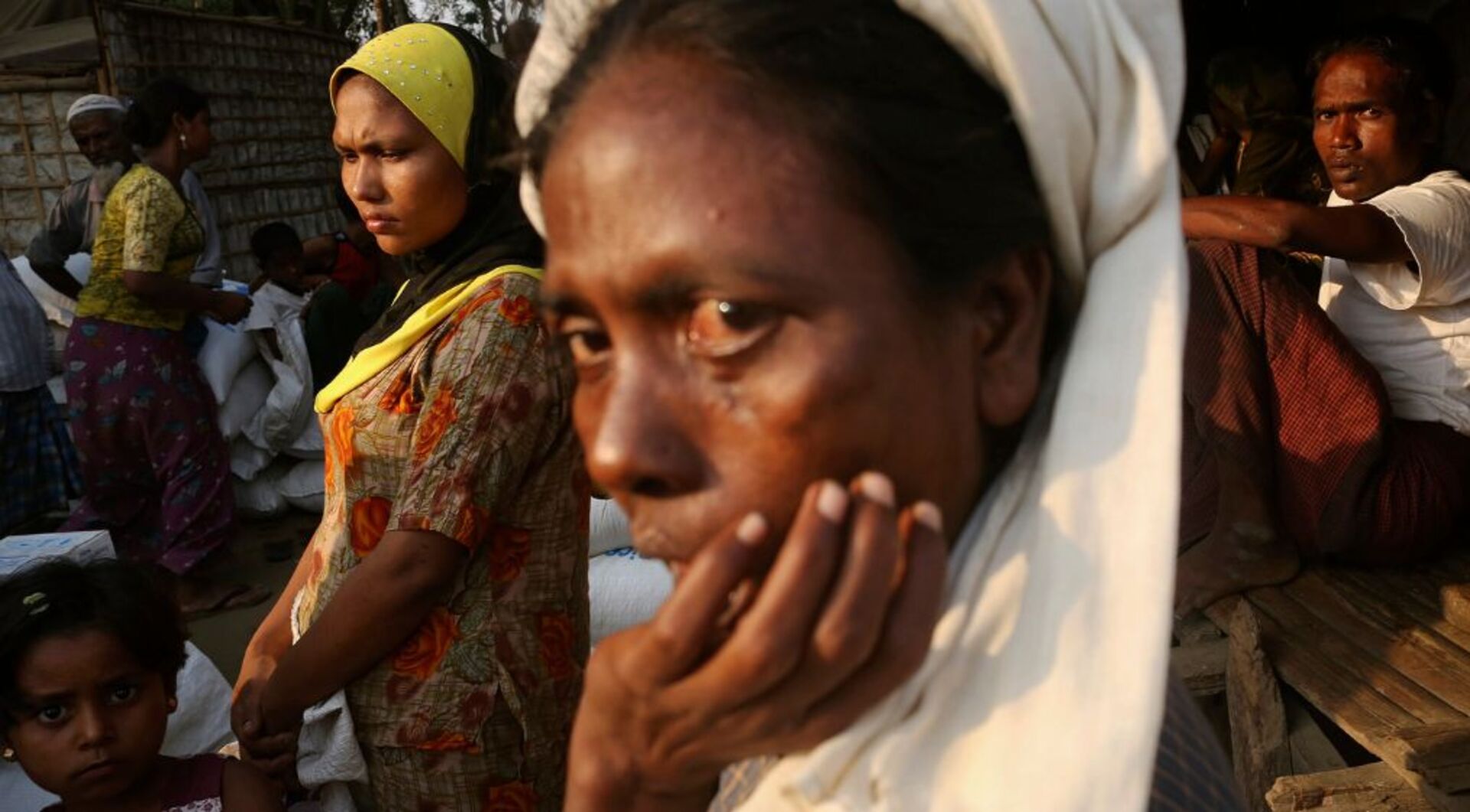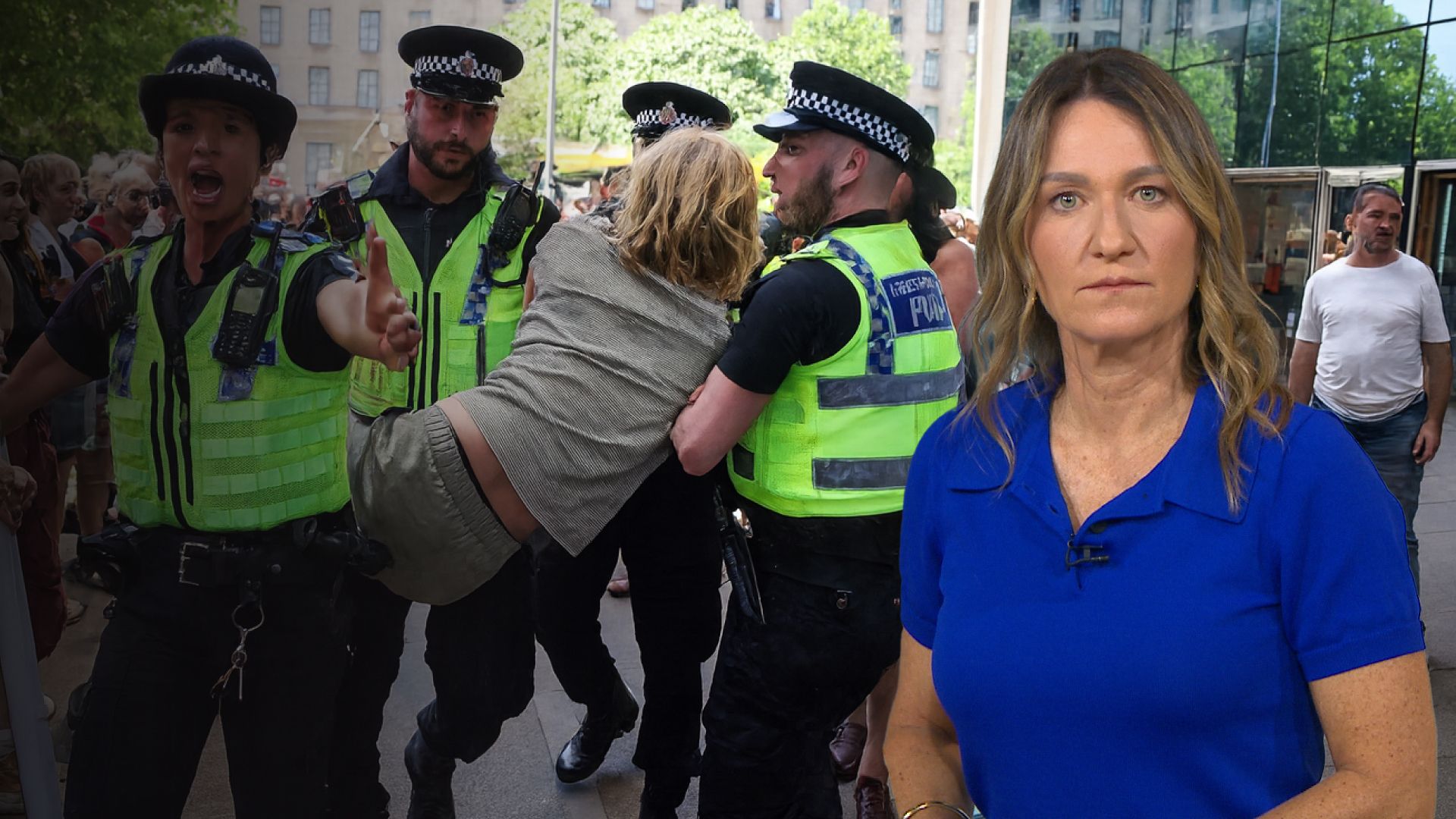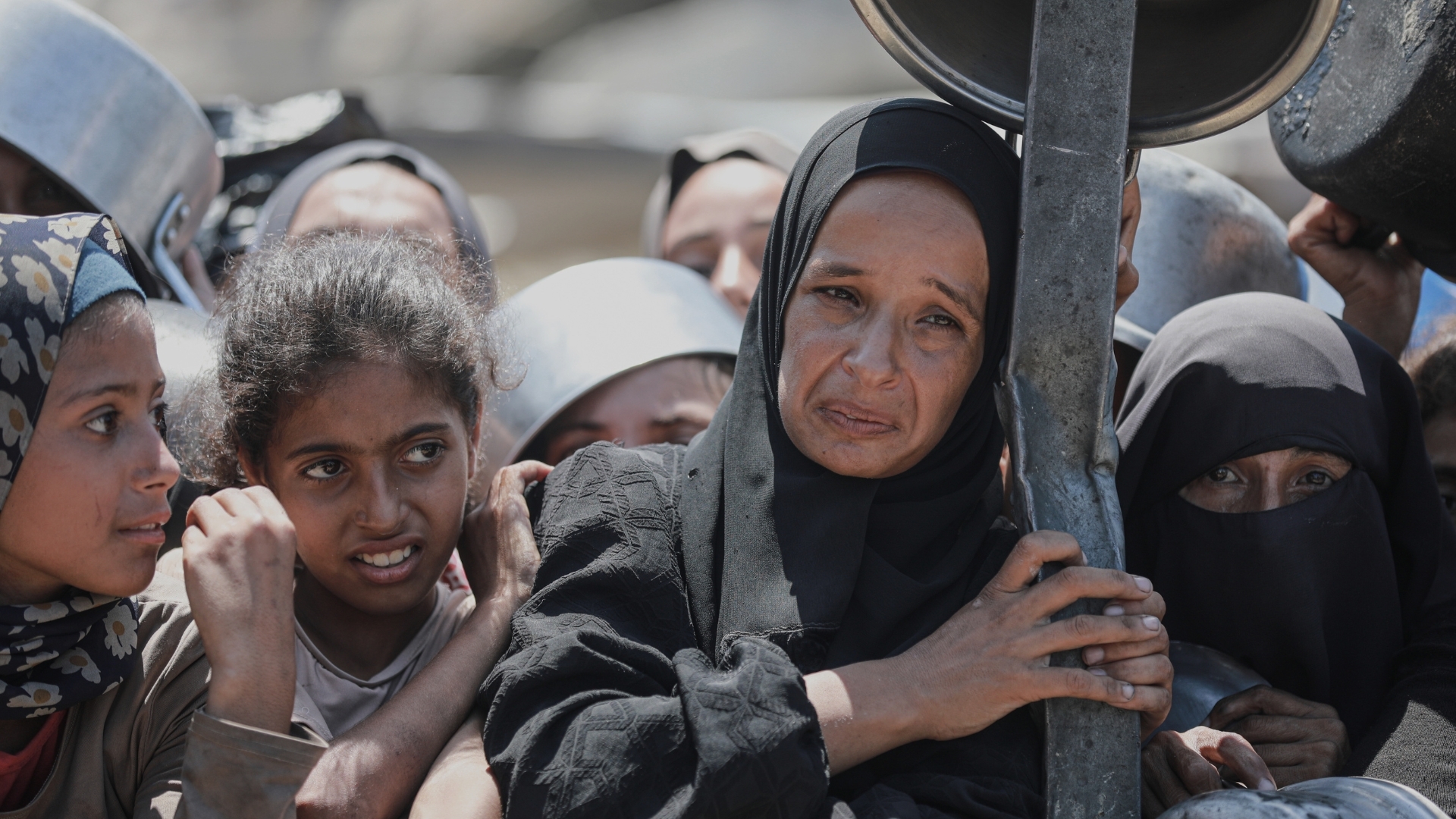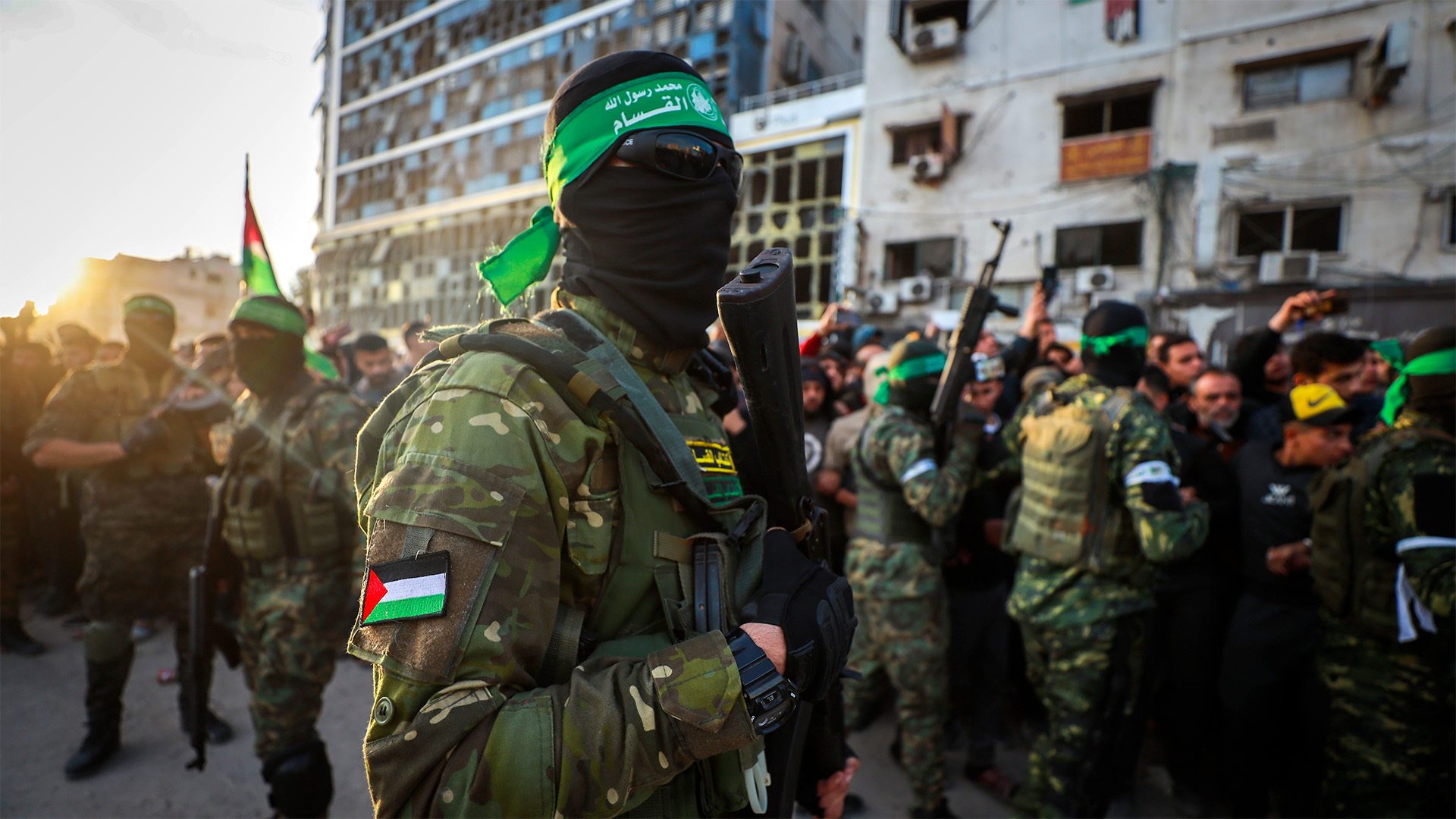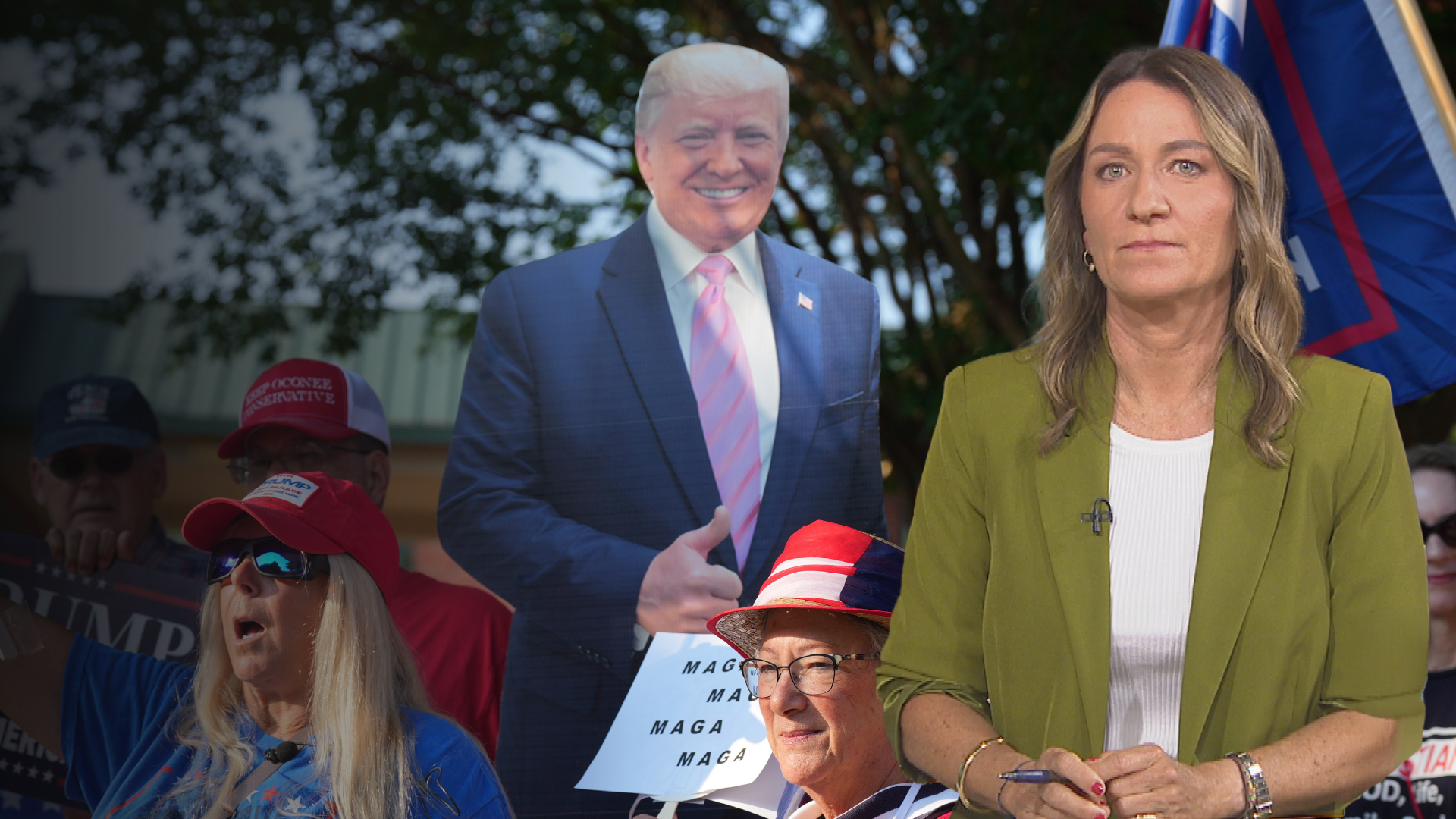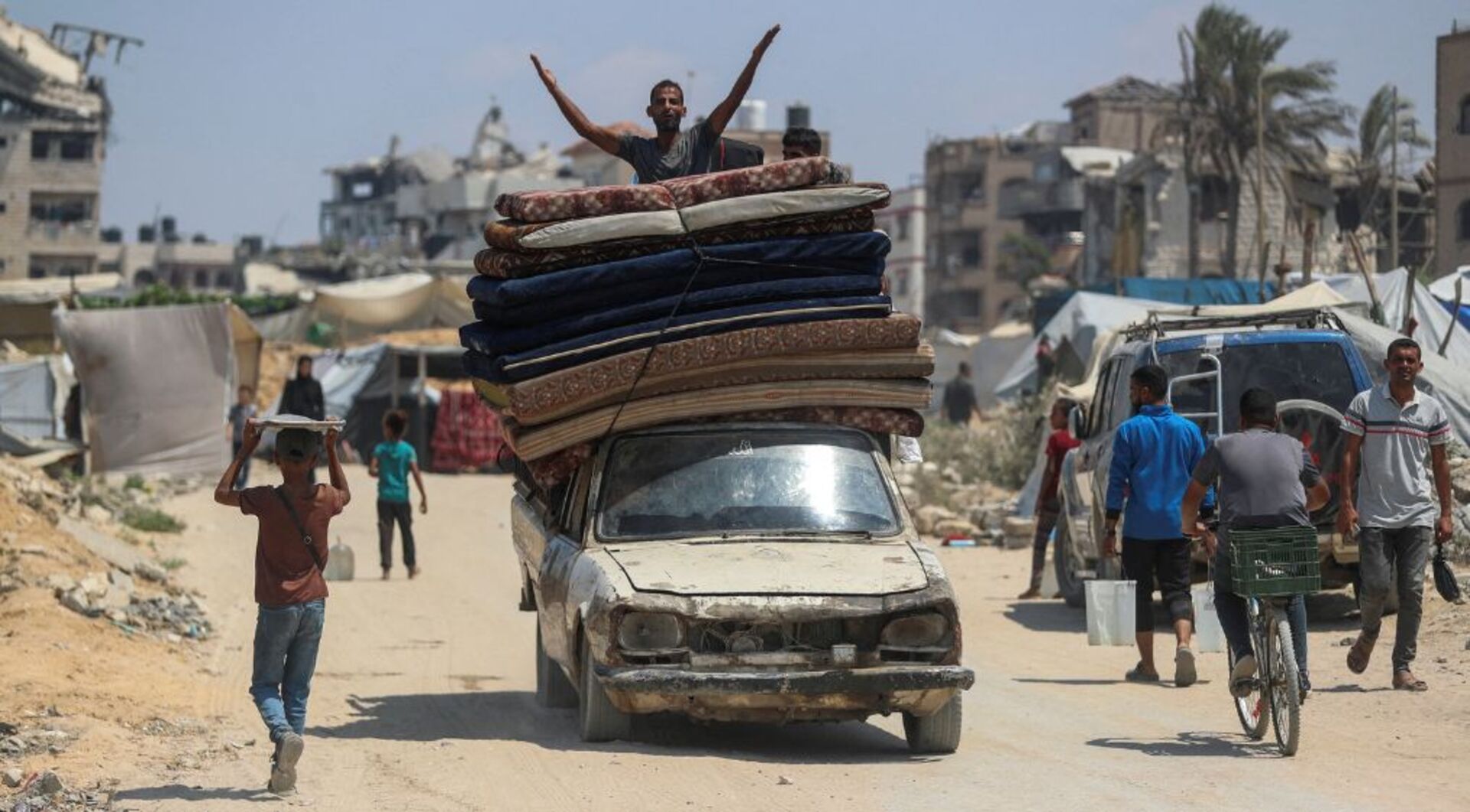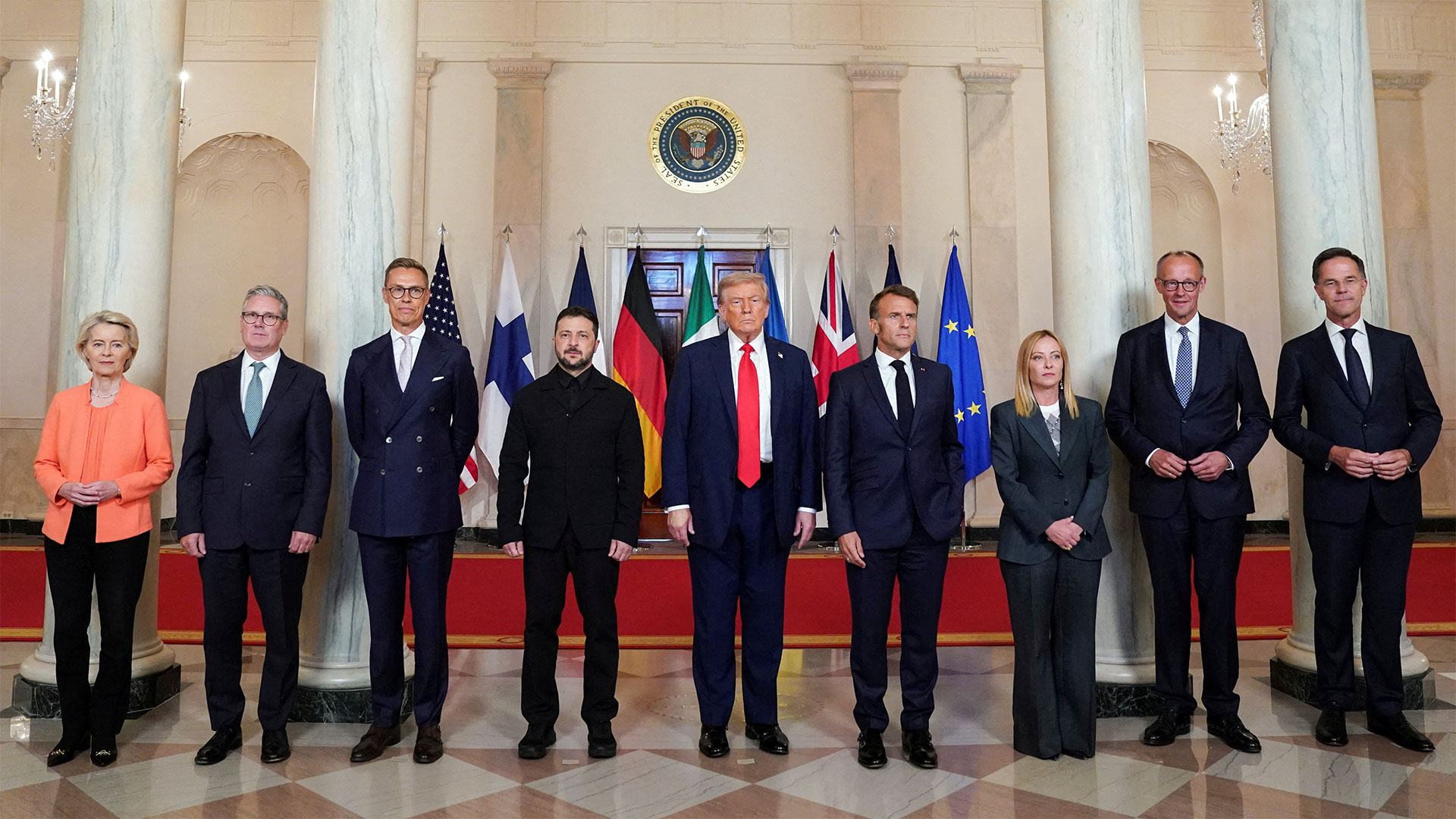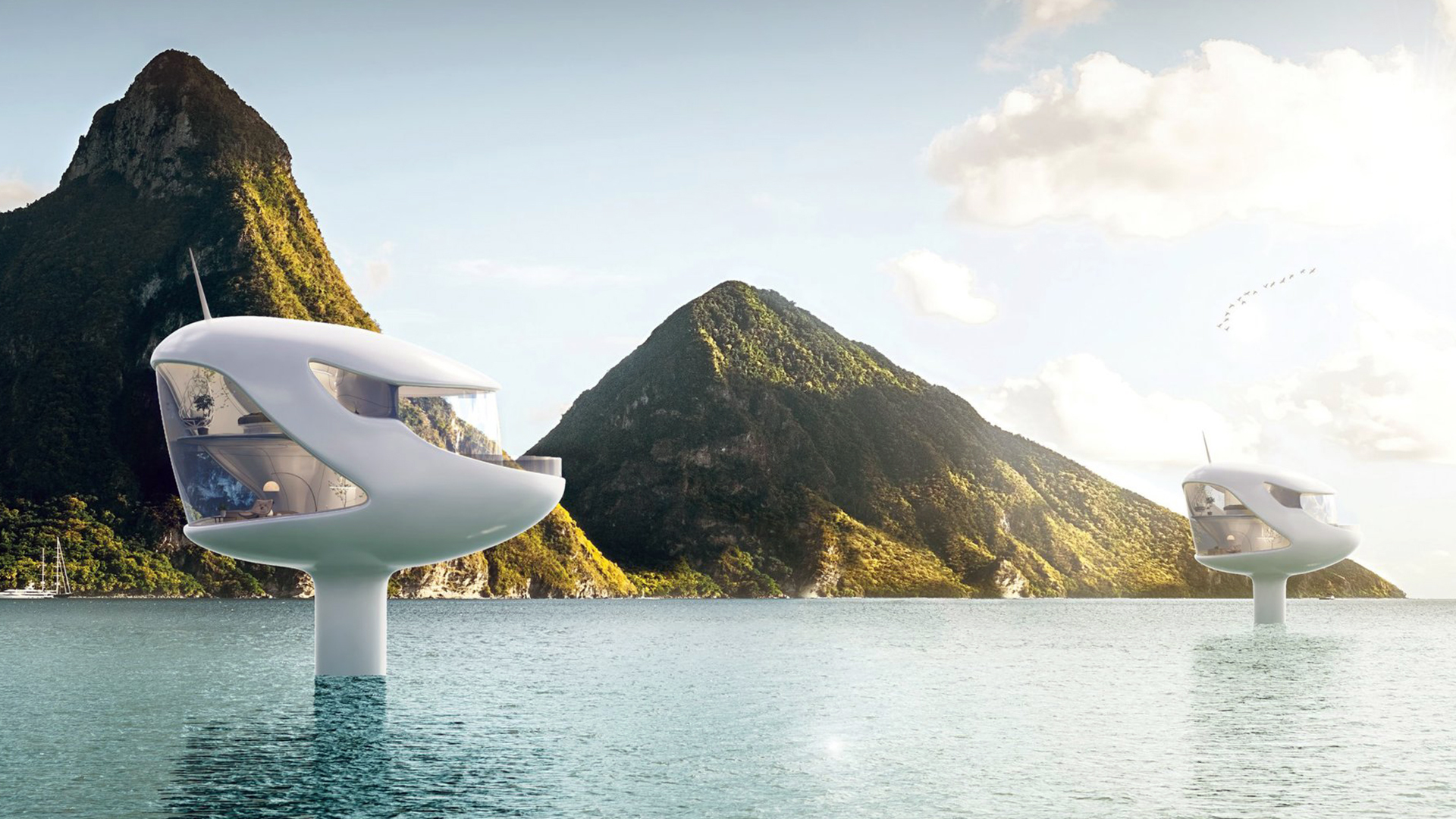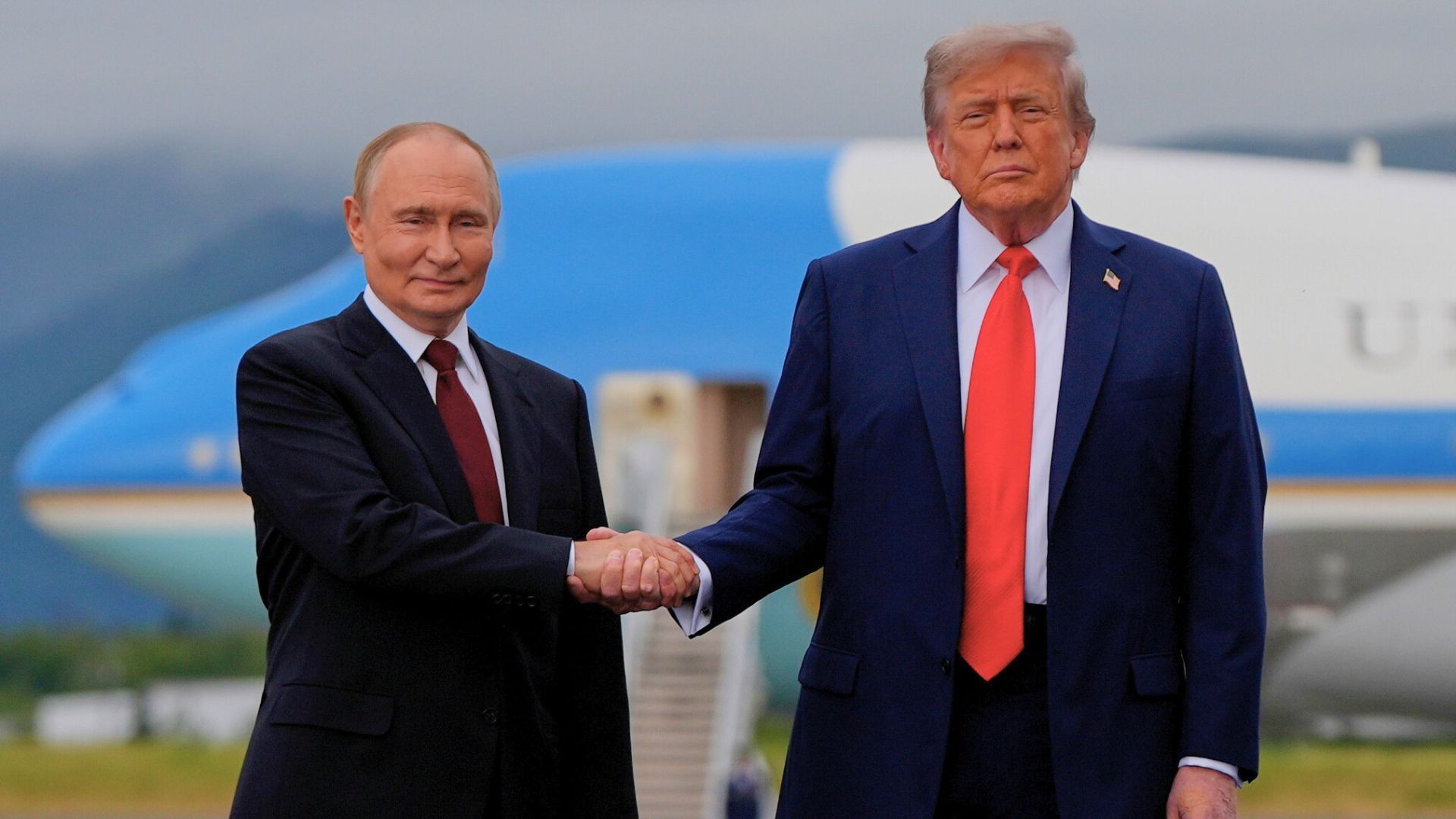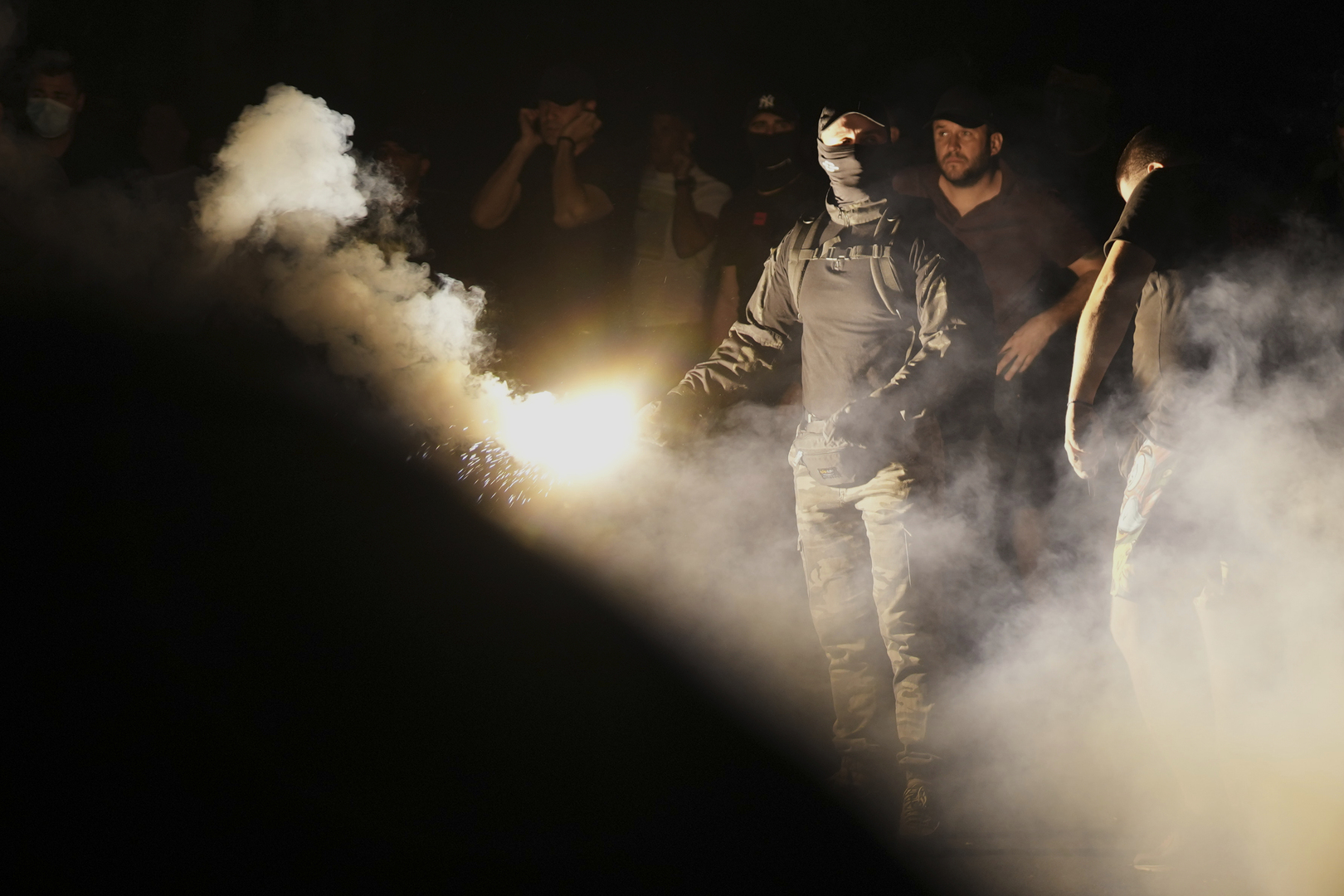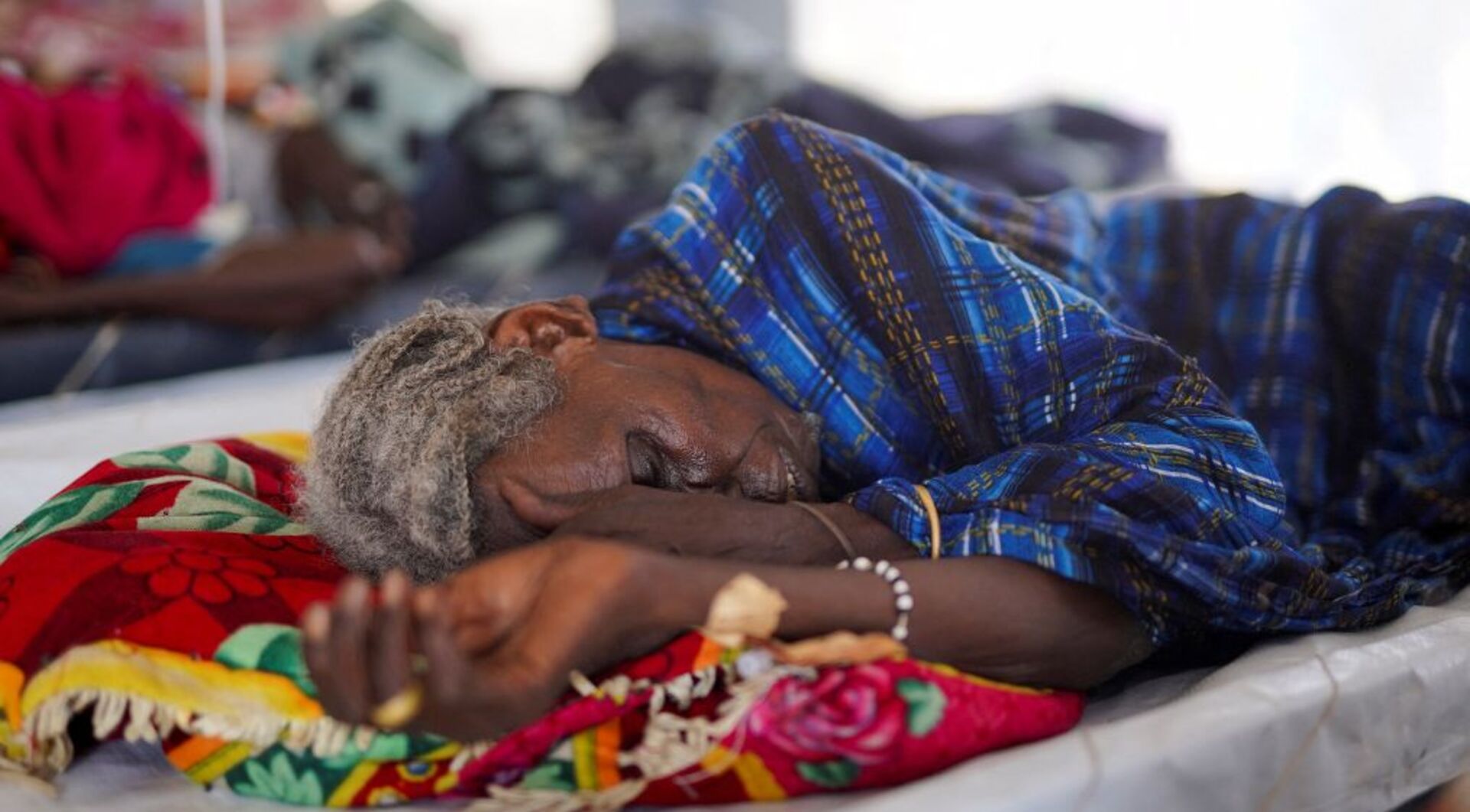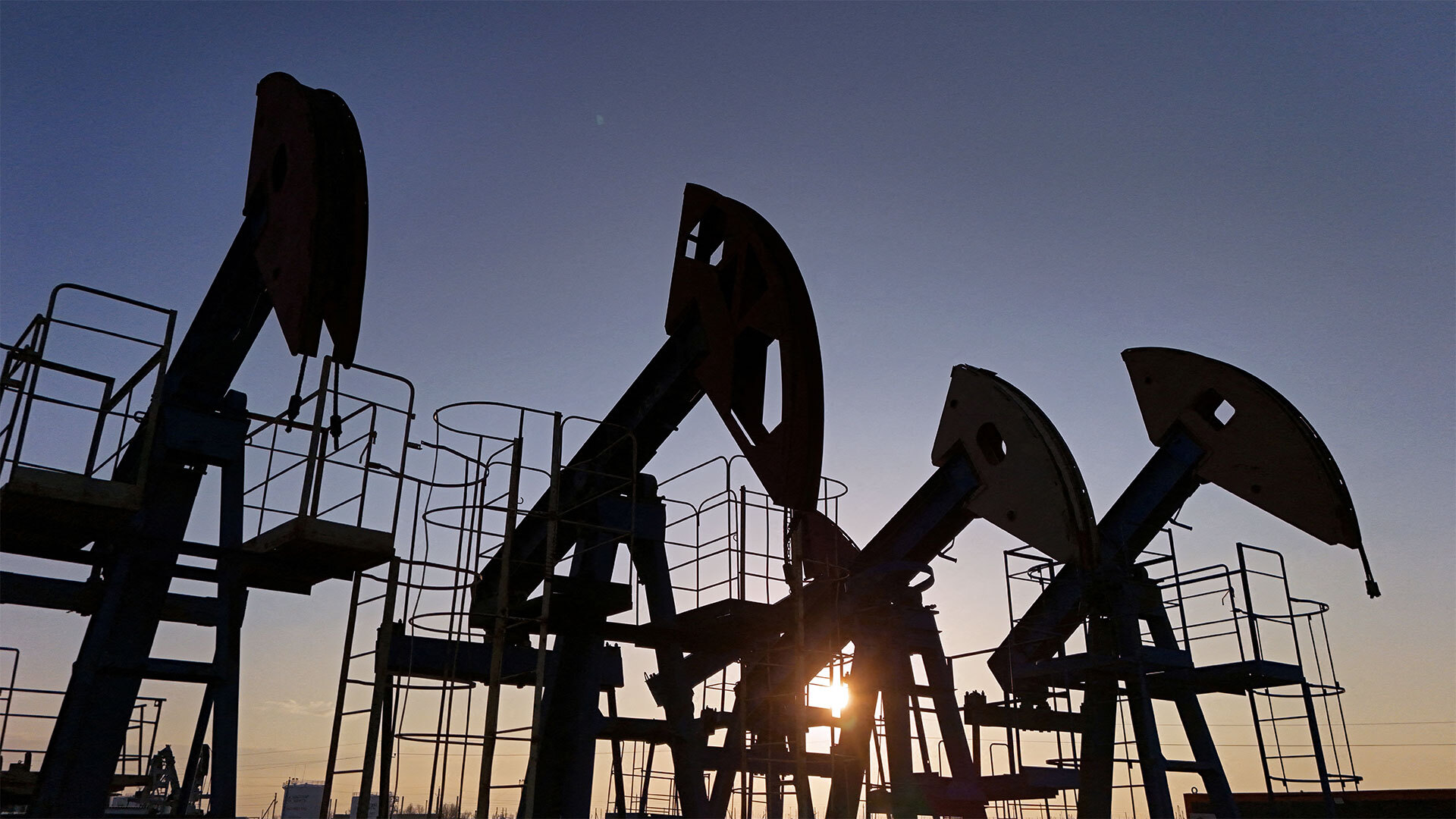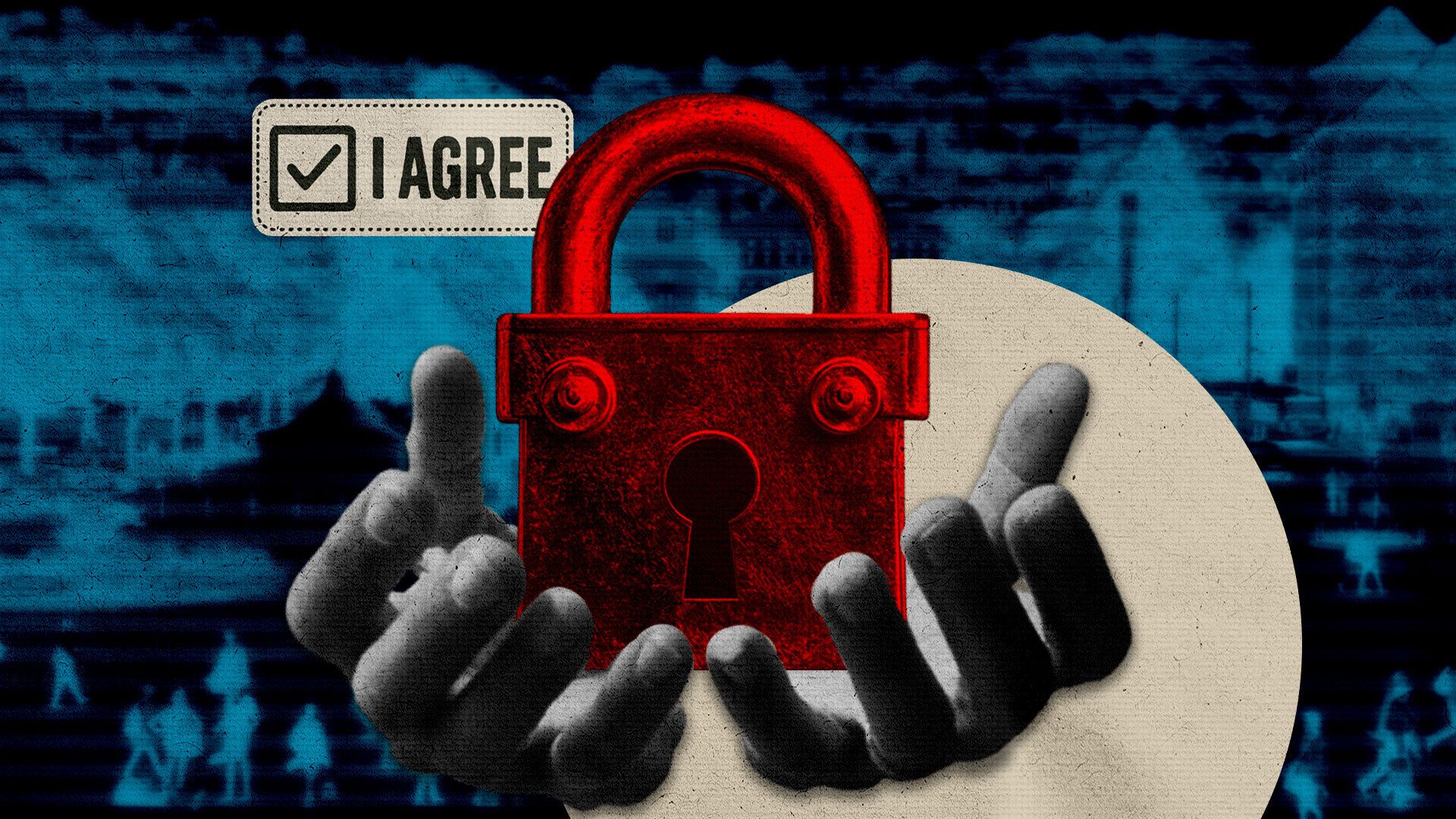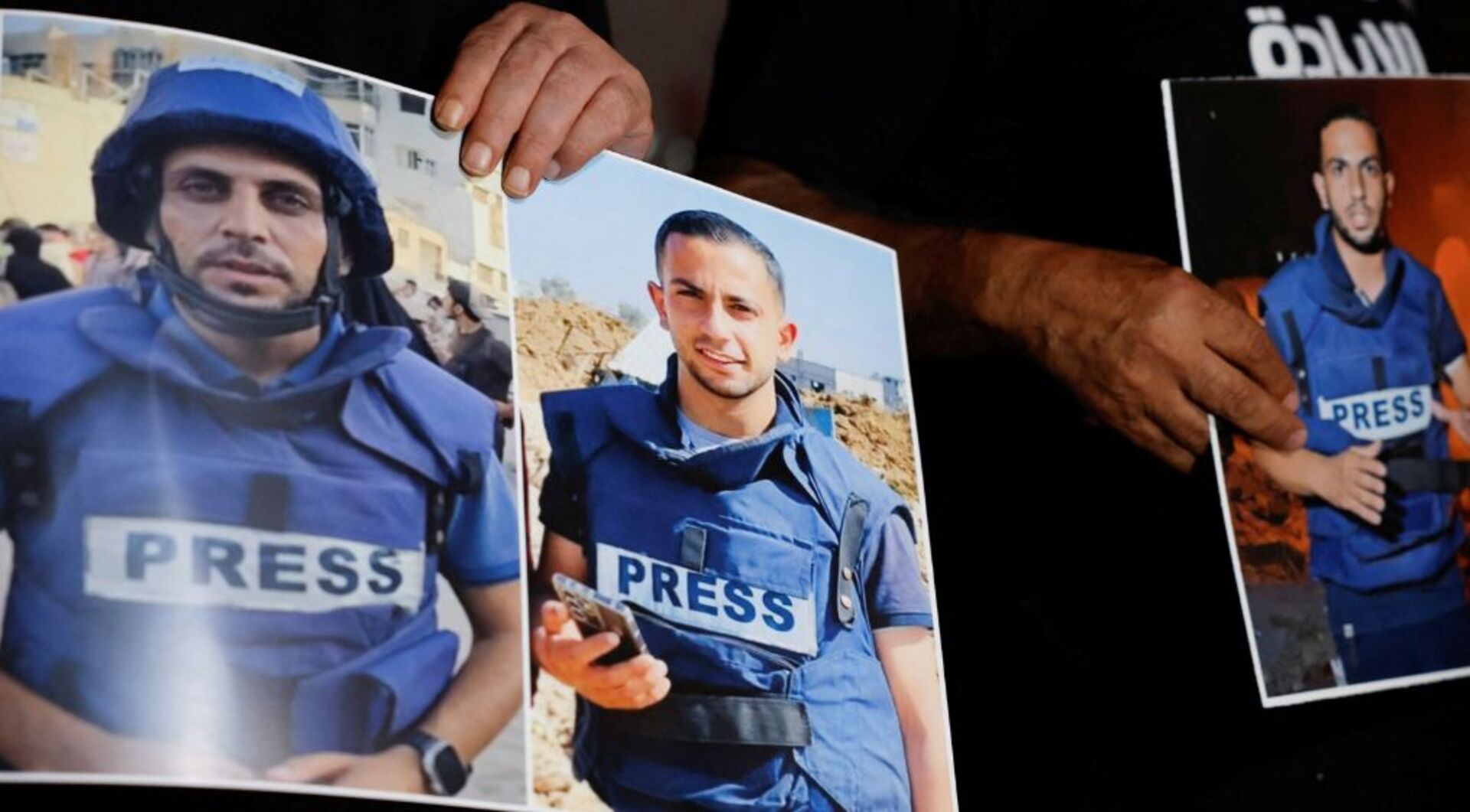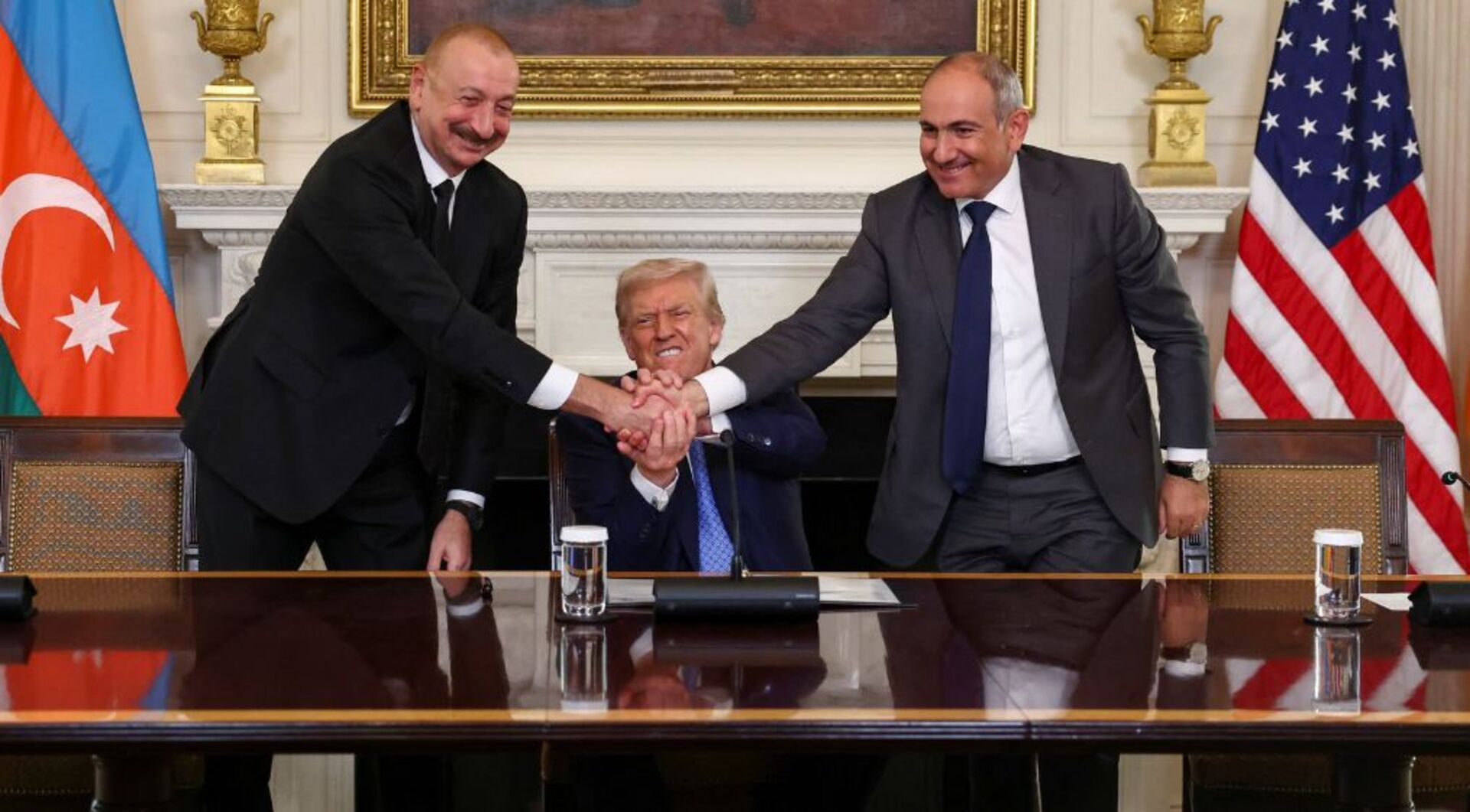What’s behind widespread unrest in Indonesia? | Protests News
Violence spreads after police vehicle kills delivery driver on motorcycle.
Violence has broken out on the streets of Indonesia after a motorcycle taxi driver was run over and killed by police.
The president has apologised and appealed for calm, but protests continue.
What’s driving the anger, and how will the government respond?
Presenter: Adrian Finighan
Guests:
Abigail Limuria – Cofounder of What Is Up Indonesia?, a digital media platform that unpacks Indonesian sociopolitics
Vedi Hadiz – Professor of Asian studies at the University of Melbourne
Wirya Adiwena – Deputy director of Amnesty International Indonesia
Published On 30 Aug 2025
